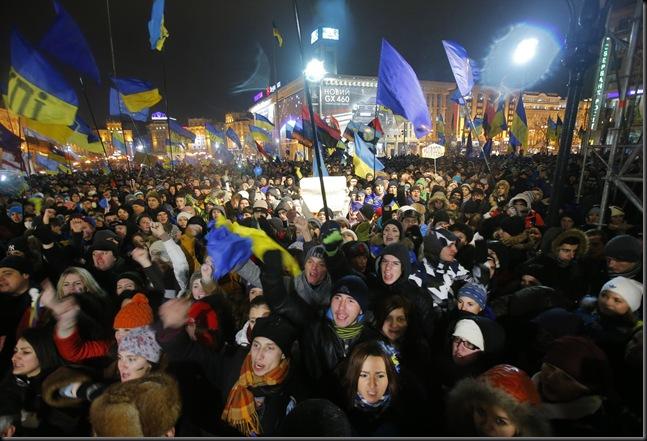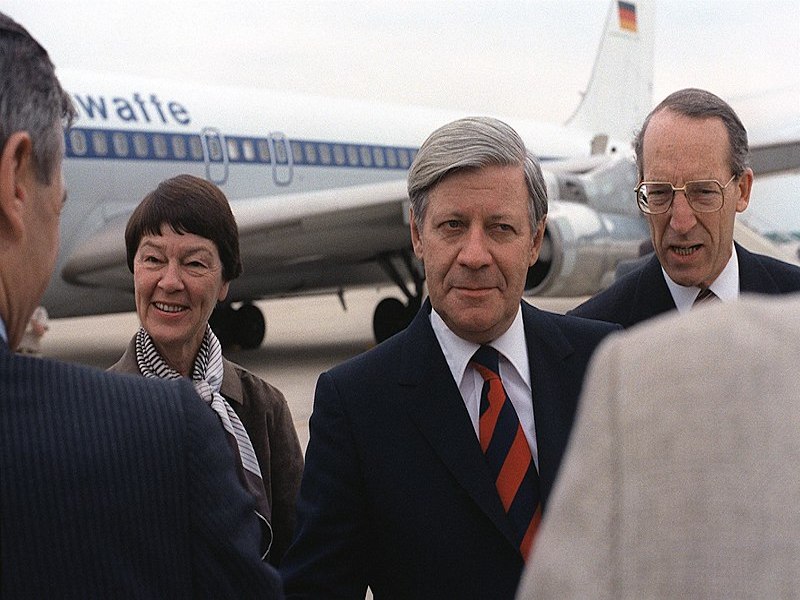Thousands of demonstrators have camped out in Kiev’s Independence Square for days in order to demonstrate their animosity towards President Viktor Yanukovych for refusing to sign an agreement that would strengthen the country’s ties with the European Union. The protest has become so potent that it is now reminiscent of the uprising that first ousted President Yanukovych from the office of Prime Minister in the Orange Revolution of 2004. Moreover, it has recently turned violent, with police officers using chainsaws and brute force to tear down the barriers manned by the protesters, with many injuries resulting on both sides. The US has condemned the police’s crackdown, with Secretary of State John Kerry stating that the response “is neither acceptable nor befitting of a democracy.” As of late, the government has expressed interest in monitoring the protests rather than discussing the EU financial deal that would benefit the Ukrainian people.
President Yanukovych’s decision to turn down the deal represents a detour in the country’s closer relations with the West; the agreement would have opened borders to trade and put Ukraine on a course of modernization and inclusion. Protesters argue that this inaction reflects the country’s intention to enter a Moscow-led customs union, and there is some truth to this idea.
Russia supplies Ukraine with natural gas that is essential for heating during the latter’s brutal winters. The inclusion of Ukraine in the “anti-EU” group, currently comprised of Russia, Belarus, and Khazakhstan, would be detrimental for the country’s people, as it is content with the same oligarchic and autocratic status quo that Russia preserves to this day. The economic success of Ukraine would be greatly facilitated by the opening of the EU’s 500 million consumers to Ukrainian companies. This significant opportunity, with thousands of Ukrainians are risking their lives for, must not be wasted.




